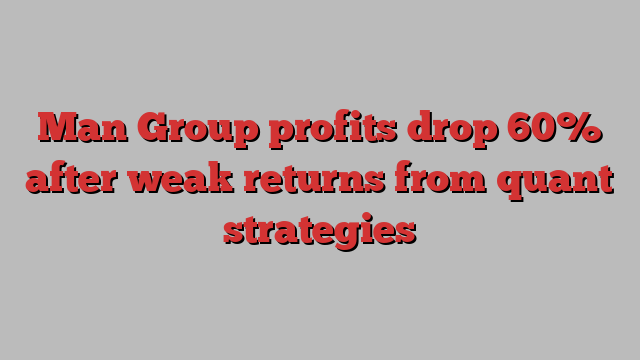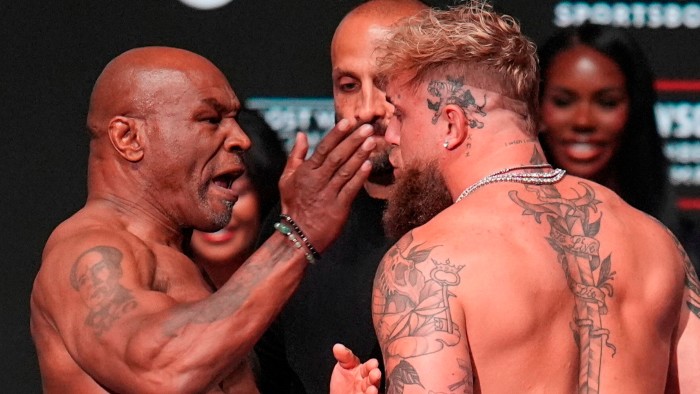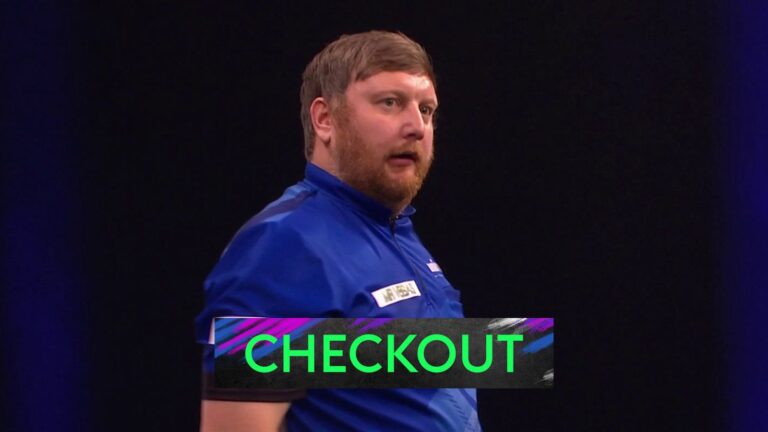
Man Group profits drop 60% after weak returns from quant strategies
Unlock the Editor’s Digest for free
Roula Khalaf, Editor of the FT, selects her favourite stories in this weekly newsletter.
Profits at the world’s largest listed hedge fund Man Group more than halved last year as lacklustre returns from its computer-driven quant strategies hit fee income.
Pre-tax profits fell from $745mn to $279mn in 2023, after core performance fees — which clients pay to Man Group when investment strategies deliver positive returns — dropped by more than three-quarters to $180mn.
Core net management fees, which are paid regardless of investment performance, increased 4 per cent to $963mn.
The drop in performance fees was in large part due to a disappointing year for the computer-driven quantitative strategies for which Man Group is known.
These strategies make money by betting on market trends, buying assets when markets are trending upwards and selling when they fall. Two-thirds of Man Group’s assets are invested in alternative investments including hedge fund strategies and direct lending, while the remaining third are in long-only strategies that try to beat a market benchmark.
Chief executive Robyn Grew, who took charge in September, told the Financial Times that there would be no changes to investment strategies as a result of investment performance last year.
Clients understood how the strategies were designed to work, “and when you have sharp reversals . . . those strategies don’t work as well in those environments”, she said, pointing to the US regional banking crisis and the sharp shift in markets in November.
Grew’s first major change to the hedge fund group was to merge some teams into a new discretionary division this month, dropping the well-known hedge fund brand GLG, which Man Group acquired in 2010.
Numis analyst David McCann said that many Man Group strategies had seen a good start to the new year.
Assets under management grew to $167.5bn, up from $143.3bn the previous year, partially reflecting the acquisition of US private credit manager Varagon.
Man Group’s share price climbed 2 per cent on Thursday despite the weak performance last year, after the company unveiled a further $50mn buyback and lifted its dividend 4 per cent.





